In the bustling city of Bangalore, a 31-year-old lawyer named Abhishek M R embarked on a legal journey that would not only challenge the status quo of the Indian movie theater industry but also highlight a fundamental issue in the modern world: the value of time.
Abhishek's case against PVR INOX, India's largest movie theater chain, is a story that transcends the confines of a courtroom and speaks to the broader theme of consumer rights in an era where time is increasingly commodified.
On the afternoon of December 26, 2023, Abhishek, like countless moviegoers before him, walked into the PVR multiplex with the simple expectation of watching a film. He had purchased three tickets to see "Sam Bahadur," a war drama scheduled to start at 4:05 p.m. and end at 6:30 p.m. However, what awaited him was not just the film but an unexpected ordeal that would lead him to seek justice.
As the lights dimmed, Abhishek settled into his seat, but the movie did not begin. Instead, he was subjected to a barrage of commercials and trailers that lasted nearly 30 minutes. By the time the film finally started, his evening had already been disrupted.
The scheduled end time of 6:30 p.m. came and went, and the film did not conclude until around 7:00 p.m. For Abhishek, this delay was more than just an inconvenience; it was a significant disruption to his plans. He had scheduled a work call for 6:30 p.m., a commitment he could not fulfill because of the extended pre-film advertisements.
In a world where time is often equated with money, Abhishek felt that his time had been wasted, and he suffered what he described as "mental agony." He was not alone in his frustration. The court document reveals that he counted two public service announcements and 17 commercials before the movie even began. This experience, he argued, amounted to an "unfair trade practice."
Determined to seek redress, Abhishek took his case to the Bangalore District Consumer Disputes Redressal Commission. He sued PVR INOX for 50,000 rupees ($574) in damages, citing the wasted time and the disruption to his schedule. He also sought an additional 5,000 rupees ($57) for the "mental agony" he endured and a further 10,000 rupees ($115) to cover his legal costs.
The case quickly gained traction, not only in India but also internationally. It highlighted a common yet often overlooked issue: the excessive pre-film advertisements that have become a staple in movie theaters worldwide. These advertisements, while lucrative for theaters, can be incredibly frustrating for consumers who expect to watch a film within the advertised time frame.
PVR INOX, a behemoth in the Indian movie theater industry with over 900 screens across 173 cinemas in India and Sri Lanka, defended itself by arguing that it was legally required to show 10 minutes of public service announcements before the film. However, the court found that most of the footage before the film was, in fact, advertising commercial products. This distinction was crucial in the commission's ruling.
The commission sided with Abhishek, ordering PVR INOX to pay him 20,000 rupees ($230) in damages and an additional 8,000 rupees ($92) in costs. The theater chain was also required to pay 100,000 rupees ($1,148) to the Consumer Welfare Fund, a government body dedicated to protecting consumer rights. The ruling was a landmark moment, not just for Abhishek but for all consumers who value their time.
In its decision, the commission emphasized the importance of time in the modern era, stating, "Time is considered as money, and each one's time is very precious." It further noted that 25 to 30 minutes is a "considerable amount of time to sit idle in the theater and watch unnecessary ads." The ruling acknowledged that people with tight schedules cannot afford to waste time, a sentiment that resonates with the fast-paced lives of many consumers today.
Abhishek's victory was not just a personal triumph but a broader statement about consumer rights and the value of time. He expressed his satisfaction with the outcome, stating that his "efforts were definitely worth it." He hoped that his case would set a precedent, encouraging other businesses in India to recognize the importance of valuing their customers' time.
The case has indeed sparked a conversation beyond the confines of the courtroom. It has prompted businesses to reevaluate their practices and consider the impact of their actions on consumers. In an era where time is a precious commodity, Abhishek's case serves as a reminder that businesses must respect and value the time of their customers.
Moreover, the case highlights the power of individual action in driving change. Abhishek's decision to take legal action against PVR INOX demonstrates that consumers have the right to demand accountability from businesses. His victory is a testament to the fact that even seemingly small grievances can lead to significant legal and social reforms.
As the story of Abhishek M R unfolds, it becomes clear that his case is more than just a battle over pre-film advertisements. It is a fight for the recognition of time as a valuable resource, one that should not be squandered by businesses in the pursuit of profit. It is a call to action for companies to prioritize the needs and schedules of their customers, ensuring that their experiences are not marred by unnecessary delays.
In a broader context, Abhishek's case reflects a growing trend in consumer advocacy. In an age where technology and globalization have accelerated the pace of life, consumers are increasingly demanding respect for their time. Businesses that fail to recognize this shift risk alienating their customers, while those that embrace it stand to gain loyalty and trust.
The impact of Abhishek's case extends beyond the movie theater industry. It serves as a warning to all businesses that the modern consumer values efficiency, transparency, and respect. In a world where time is money, companies must adapt to the changing expectations of their customers. The PVR INOX case is a powerful reminder that the era of wasting consumers' time is coming to an end.
As we reflect on Abhishek's journey, we are reminded of the importance of standing up for our rights as consumers. His case is a beacon of hope for those who feel that their time is undervalued and a call to action for businesses to prioritize the needs of their customers. In the end, the battle for time is not just about minutes and hours; it is about respect, accountability, and the recognition that every moment counts.
In conclusion, Abhishek M R's legal victory against PVR INOX is a landmark moment in the fight for consumer rights. It highlights the importance of valuing time in the modern world and serves as a powerful reminder to businesses that the needs of their customers must always come first.
As the world continues to evolve, the lessons learned from this case will undoubtedly shape the future of consumer advocacy and business practices. For Abhishek, his efforts were indeed worth it, and his story will inspire countless others to stand up for their rights and demand that their time be treated with the respect it deserves.
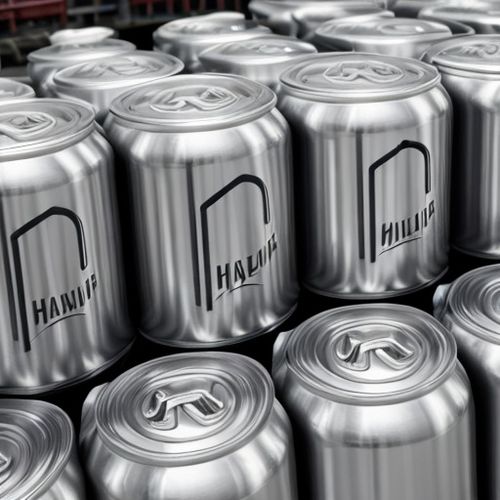
By Natalie Campbell/Mar 3, 2025

By Benjamin Evans/Mar 3, 2025

By Amanda Phillips/Mar 3, 2025
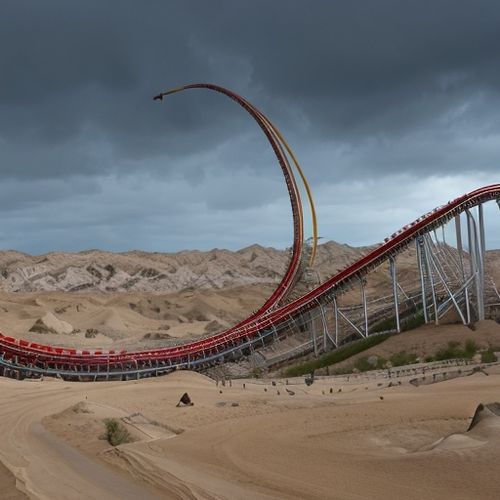
By John Smith/Mar 3, 2025
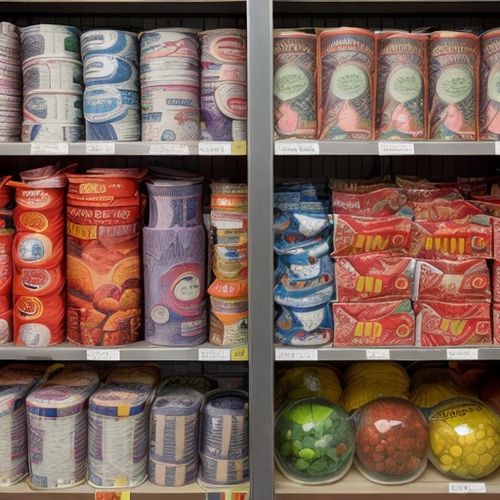
By Samuel Cooper/Mar 3, 2025

By Olivia Reed/Mar 3, 2025
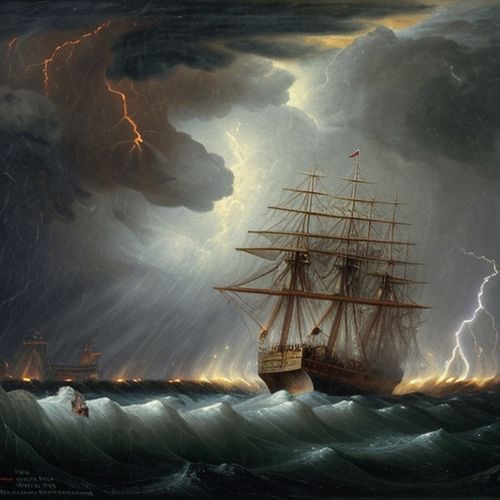
By Michael Brown/Mar 3, 2025

By Jessica Lee/Feb 27, 2025

By Rebecca Stewart/Feb 27, 2025

By Ryan Martin/Feb 27, 2025
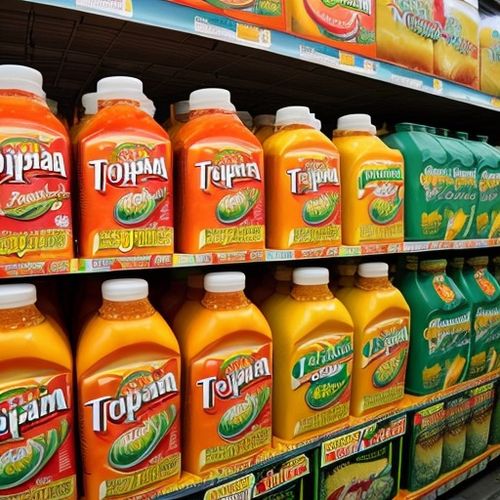
By Rebecca Stewart/Feb 27, 2025

By Sophia Lewis/Feb 27, 2025
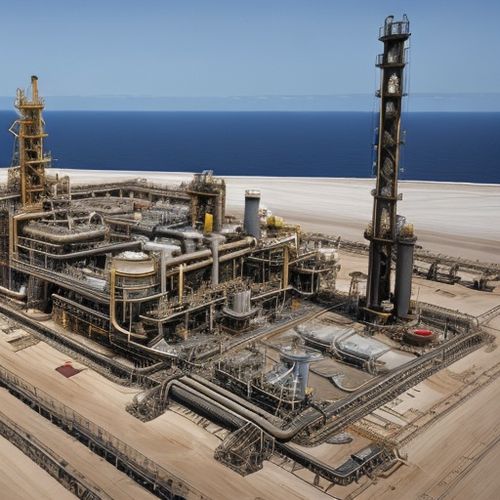
By Amanda Phillips/Feb 27, 2025
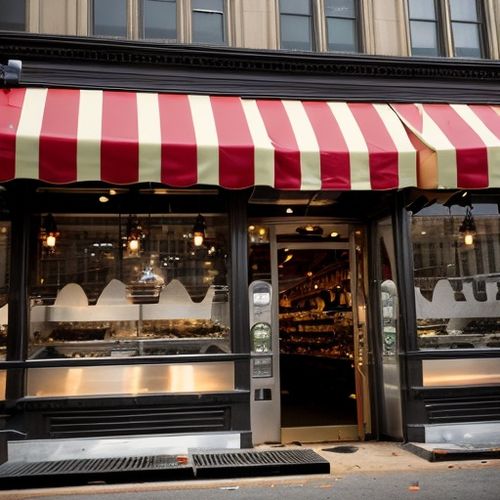
By Christopher Harris/Feb 27, 2025
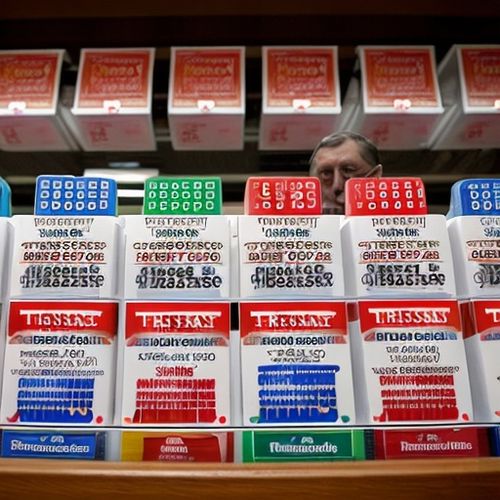
By Amanda Phillips/Feb 27, 2025